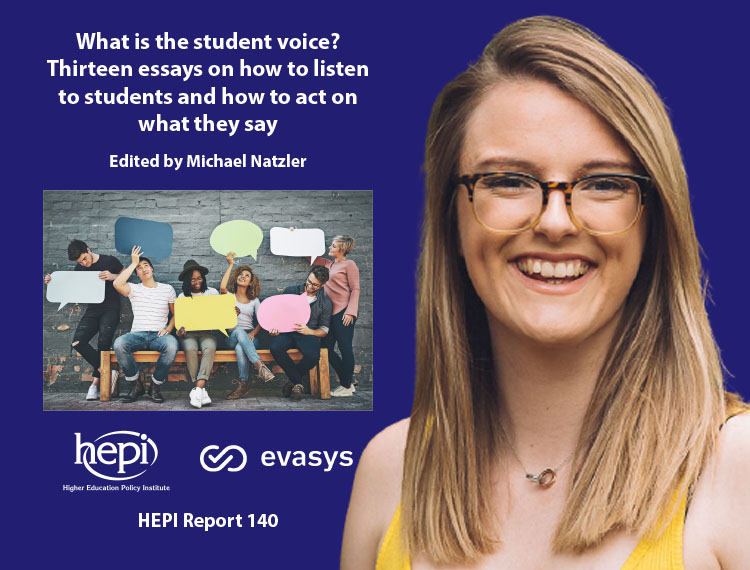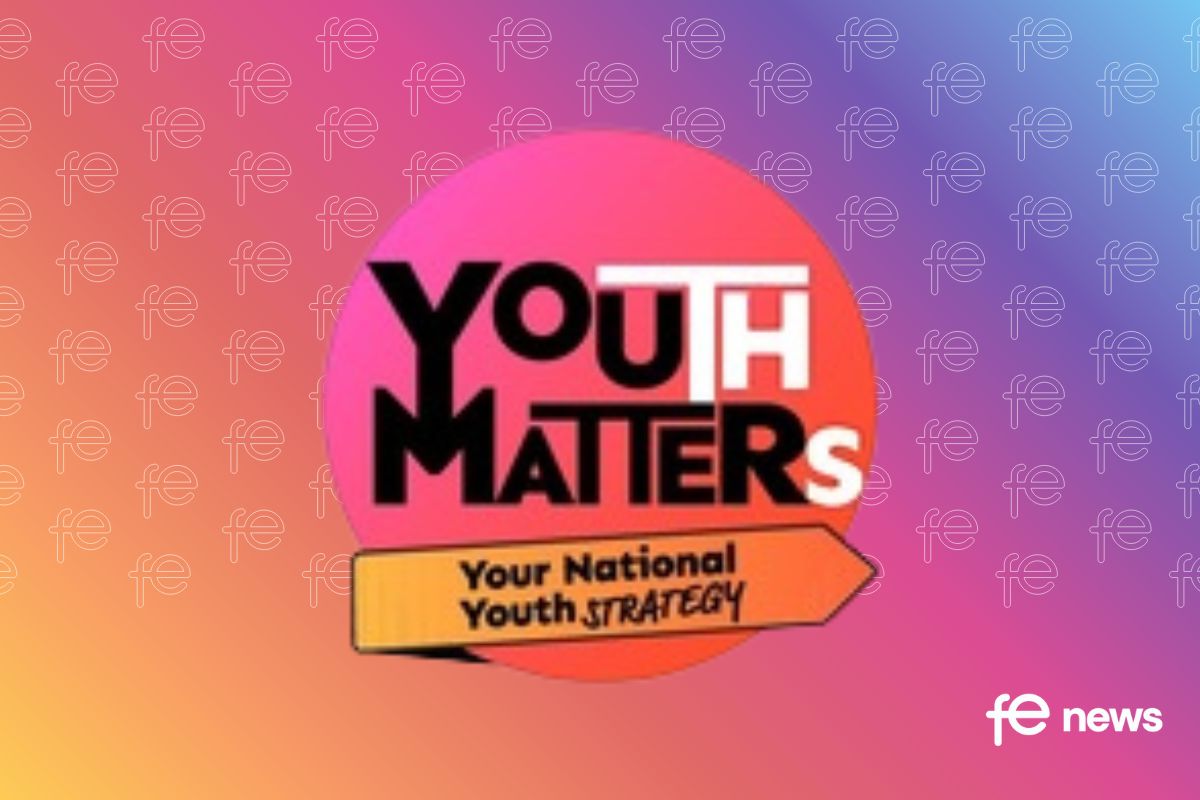Students as governors: walking the tightrope and shouting into the void

Every year, hundreds of students armed with flimsy banners, branded t-shirts and several social media accounts attempt to woo their student body in a campaign to become students’ union (SU) sabbatical officers (Sabbs).
From Sports Officers to Presidents, Sabbs formulate the backbone of the representation structures that exist to represent and advocate for students on the UK’s university campuses.
Students run for these positions for numerous reasons:
- to create change for students,
- to lead the union, to give back,
- to get free SU club night tickets…
but one reason you will rarely find on that list is a burning desire to become legally and financially responsible for their university.
And yet for at least one Sabb per institution each year, that is the reality.
Sure enough, assuming legal and financial responsibility for the University of Bath was not on my motivation list when I ran for SU President in February 2018, but I perhaps knew more about the role of governor than your average presidential candidate prior to my election.
We had just seen a significant breakdown of university governance that led to the resignation of the then Vice-Chancellor, the highest paid in the country.
I had protested against her extortionate pay and filed Freedom of Information requests on the membership of the University Board and its sub-committees from the preceding two decades to understand how it had got to this point.
Immediately after my election, I was thrown in at the deep end helping to recruit our new Vice-Chancellor and Board Chair, implementing the recommendations of an extensive external governance review, reforming the way the governance worked and sitting on the Remuneration Committee – in addition to the ordinary membership of the Finance Committee and Nominations Committee and increasing the diversity of our Board members through governor recruitment.
As a result, there were times I was more immersed in the world of university governors than in the student world. You would be forgiven for thinking this would not be an issue; that what is in the best interests of the university is, by proxy, also in the best interests of students. But as any Sabb past or present will attest, the reality is significantly more complicated.
Sabbs already wear multiple hats in their roles:
- technically still an individual member of the student body;
- an employed staff member;
- an elected representative;
- and, frequently, a trustee of the SU as a charity.
The university governor hat is perhaps the most complex of them all, especially when worn alongside all the others.
As the higher education sector has become increasingly marketised, and universities increasingly rely on the fees of students, university governors have been forced to make decisions based on the university as a business, rather than a public good.
As a result, many of the decisions student governors have to make can directly contradict the priorities and mandate they have as elected representatives – hiking rent prices, restructuring whole departments that serve students and lifting student number caps, to name but a few.
Most students have no idea their university has a governing body, let alone that one of their student representatives sits on it. Even if they were aware of it, the confidential nature of agenda items at Board meetings means that the President is often unable to share information with non-governor members of their own Sabb team, much less a 20,000-strong student body.
Despite taking up a huge amount of my time, the work I did as a student governor was work that students – my constituents – never got to see or hear about:
I could not tell the student body that I prevented yet another two white men with existing links to one university faculty being appointed to the Board straight after our governance review told us we should diversify our Board.
Or that I had raised concerns about a proposed agreement on a block of flats built on a floodplain in town that would not cater for disabled students.
Or that our approach to capital projects flew in the face of the climate emergency and nobody – bar students – seemed to care about it.
That work is not easy. To understand the experiences of student governors, you have to understand the power dynamics at play around that Board table. At the most basic level, student governors are normally the youngest governor, often by several decades.
So although they are experts on the lives of students, they have less professional experience and are more likely to be new to governor responsibilities.
The layers of complexity only increase from here. While yes, the Vice-Chancellor is accountable to you as a governor, they ultimately have the ability to increase or decrease the SU’s block grant. The very same block grant that you are responsible for as an SU trustee (often, as Chair of the trustee Board) that allows yourself and the SU to meet your charitable objectives for the student body, who voted for you to represent them in the first place.
Ultimately, it does not matter how adept a Sabb is at wearing the governor hat, and all the responsibilities that come with it – what really matters is which hat the other people at the Board table perceive you to be wearing at any one time.
The very reason that student governors have a seat at the Board table – for their knowledge of the student experience and representation of a key stakeholder group – is the same reason why their voices are often ignored.
In my experience, which I know is not unique, the more challenging you are at the Board table, the more likely it is that your point will be attributed to an ulterior political motive you have as a Sabb rather than challenging in good faith as governors should.
You might even be an expert on the issue by virtue of your role, but because others choose to perceive you as conflicted, your comments hold less value than the board member who has had a 30-year career at a big accountancy firm, but has very little knowledge of higher education.
In my first term, I got to know the other governors very well, very quickly. As lovely as most of them were, I was shocked at their sheer lack of knowledge about the student experience and quickly began to question their effectiveness as governors given the gaping holes in their understanding of students at the institution.
I went out of my way to invite governors for tours of the SU to chat about the student experience with them over coffee. As part of the governance reform, we implemented governor development sessions, with at least one annual session on the student experience. We piloted a link programme where governors were paired up with particular departments or functions of the University to allow them to get under the skin of the institution and hear stories from people on the ground – the reality you do not get to read about in Board papers.
They were shocked to hear about the level of poor mental health in the student population; that if a student was not experiencing poor mental health themselves, they were supporting someone who was; they could not believe that in order to find housing for their second year, new students had to start looking just six weeks after meeting their existing housemates.
The level of discontent in the student population over abysmal bus provision suddenly made sense to them when they realised students paid £350 for their bus passes, but were queueing for hours for a seat.
If governors are not armed with that kind of basic knowledge of the student experience, how do they know what issues are playing out in students’ lives that they should be holding the executive to account on?
If such a gap in knowledge can exist between what one reads in Board papers and the authentic student experience on the ground despite the presence of a student governor, then imagine the knowledge gap that exists in government decision-making on higher education: no consistent direct student engagement and no national student representation on the Government’s 2020 Higher Education Taskforce.
It perhaps explains why their stance around students’ rights to good quality teaching was to signpost students to an ombudsman that does not make judgements of academic quality.
Or that it decided freedom of speech was the pressing issue on campuses despite many international students relying on foodbanks to eat.
Or why the new Chair of the Regulator was deemed to be appropriate despite no prior experience in the sector whatsoever.
It is impossible to make good decisions about the lives of students without authentic engagement with students to find out what their lives are like, and nowhere is that more important that at the Board level.
We assume that the mere presence of a student governor at the Board table proves the presence of the student voice at the highest echelon of the University. But that voice is just shouting into the void if it is not heard or acted on.
Policy recommendations
- Implement University Board ‘links’ system where Board members are paired with departments / functions within the University and undertake engagement between Board meetings.
- Deliver development sessions for all Board members twice a year run by students’ union officers to increase Board members’ knowledge of the student experience and student issues.
- The Committee of University Chairs (CUC) should review their practices to capture best practice and recommendations that recognise the nuances of student governors on Boards and ensure a level playing field at the Board table.
Eve Alcock, Former Student Union President at the University of Bath
What is the student voice? |
|
Produced by the Higher Education Policy Institute and with support from EvaSys, What is the student voice? Thirteen essays on how to listen to students and how to act on what they say (HEPI Report 140) edited by Michael Natzler, is a new collection of essays which provides a range of views on what and where the student voice resides and how to listen and respond to it. The collection covers a wide range of topics from the role of sabbatical officers as governors to the National Union of Students, mature students and includes contributions from survey experts, sabbatical officers and a vice-chancellor as well as interviews with the Office for Students’ Student Panel. Including a chapter by Nick Hillman, HEPI Director, the chapters are:
|











Responses